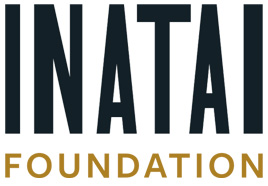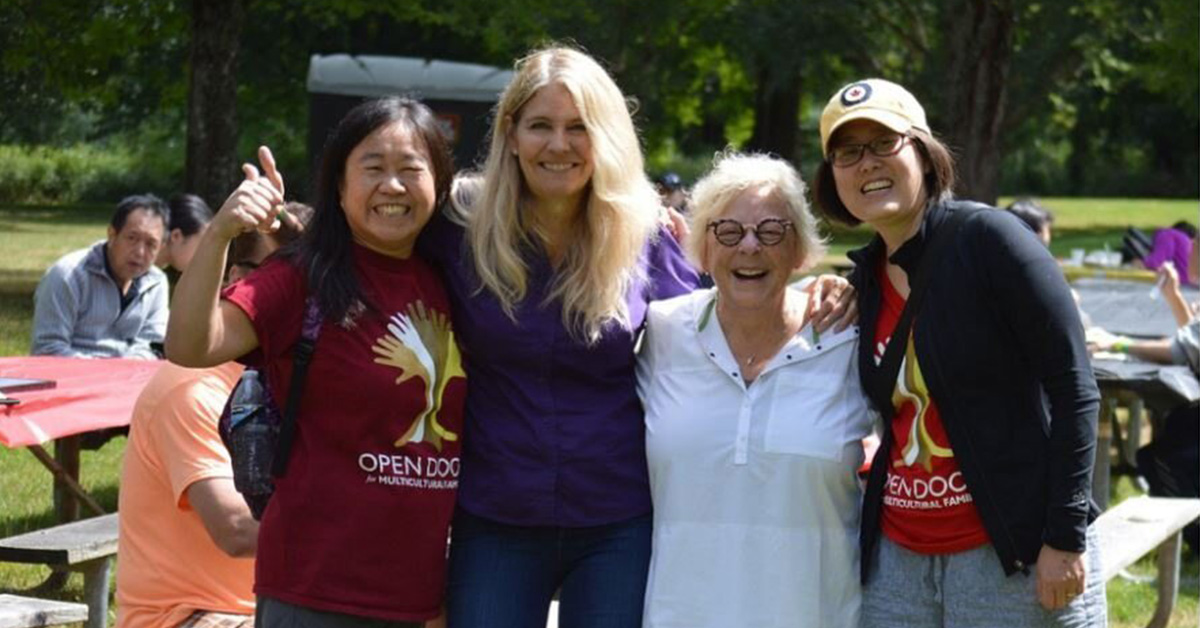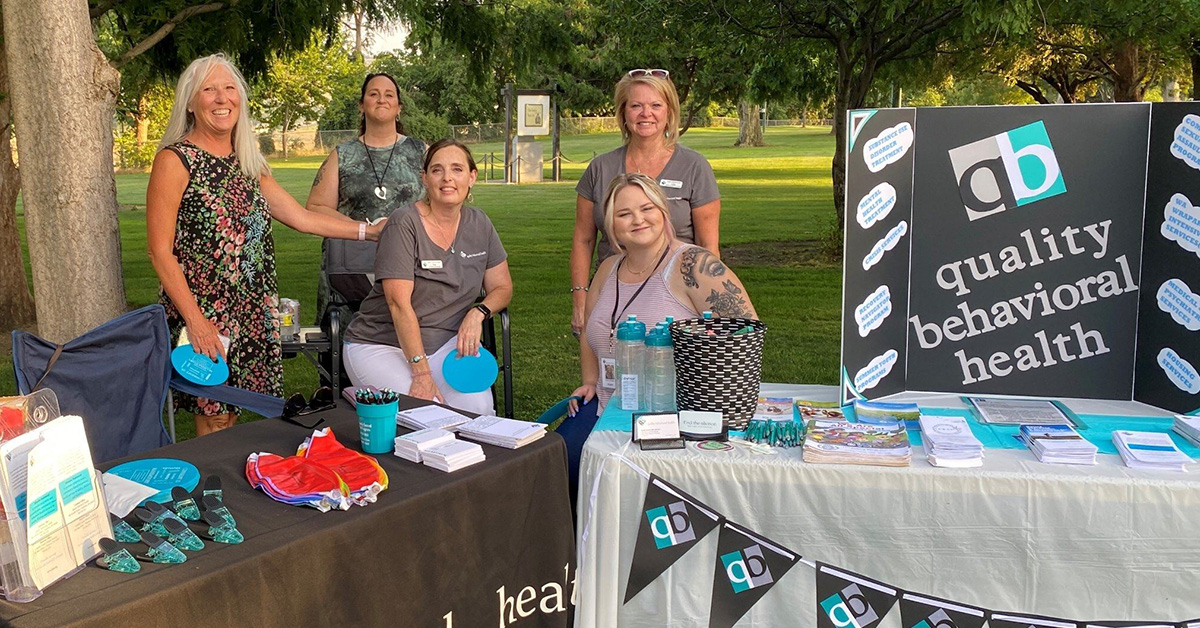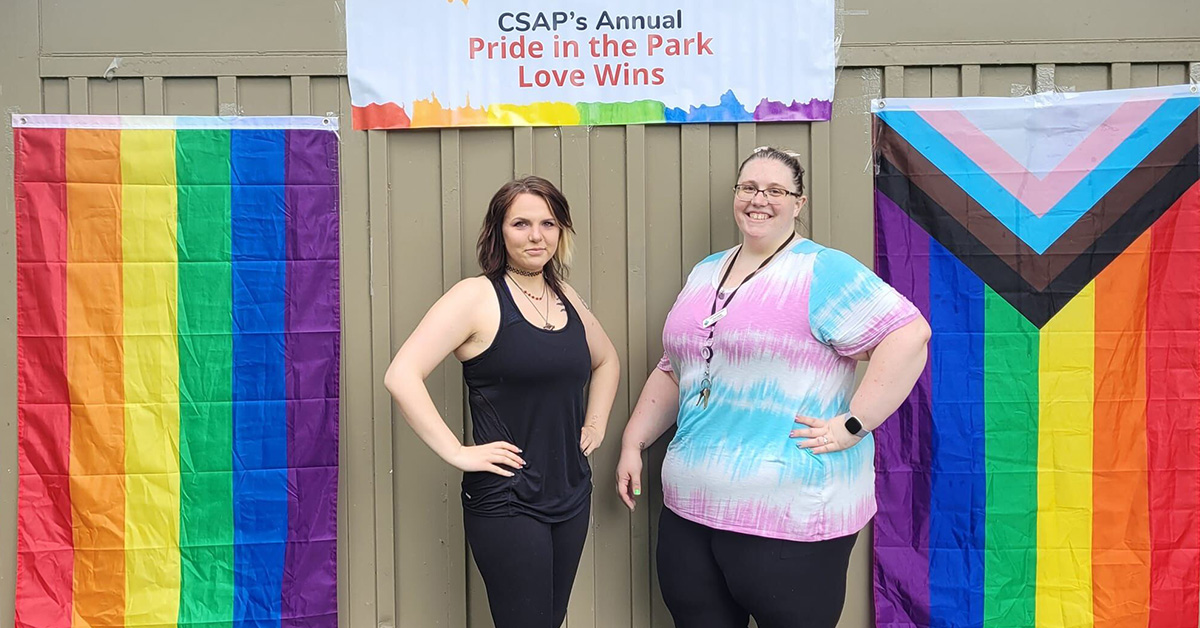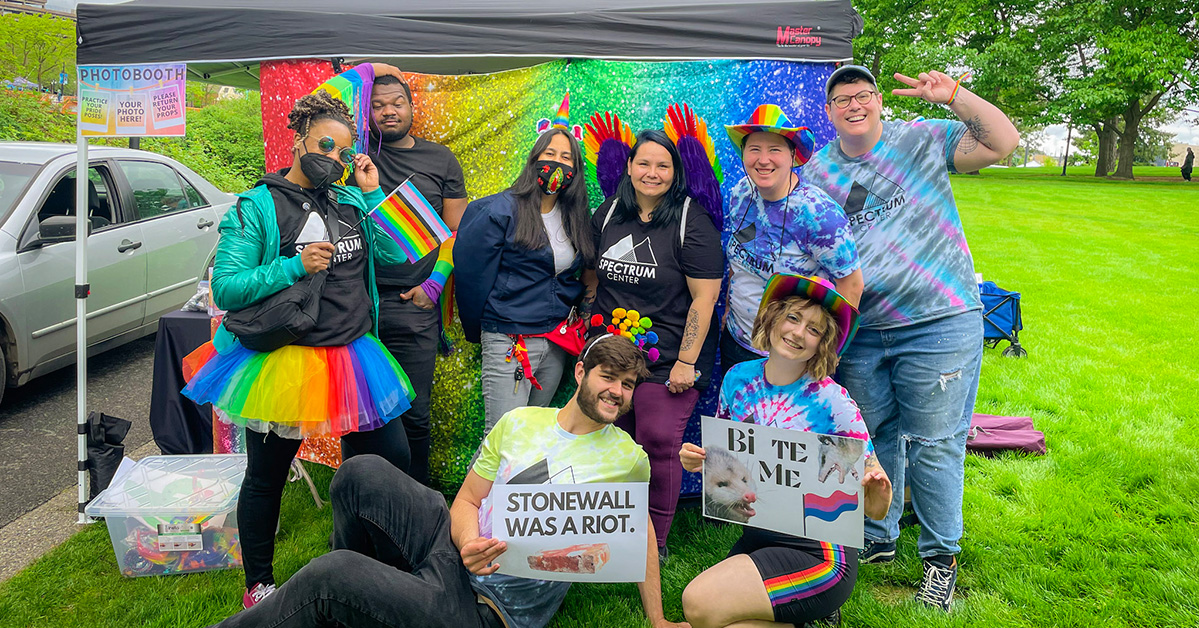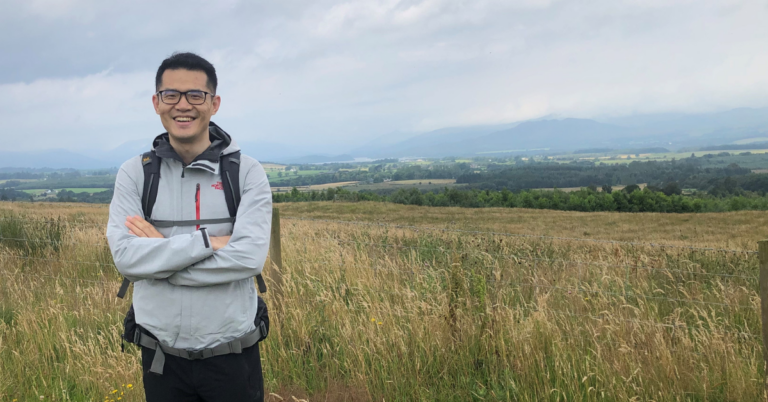Open Doors for Multicultural Families
Geography served: King, Pierce, and Thurston counties
Open Doors for Multicultural Families is a grassroots organization led by people of color that serves individuals with developmental and intellectual disabilities and their families. They joined many Systems, Power, and Action grant recipients in expressing that collaboration and coalition-building are elements they’re interested in developing even further and with more intention.
“Open Doors for Multicultural Families believes that we can only tip the balance of power in Washington by investing intensively in our communities to build our collective power. Power starts with the ability to engage in self-care, healing, and relationship-building; a community to support us when we encounter resistance; the tools to advocate to decision-makers; and the ability to sustain these efforts so that we can see through the details of policy implementation. Ultimately, power means that we become the decision-makers.”
The organization recently embarked on the journey to build community power and this work must be led by the people most impacted by systemic barriers. It will take investments of time, expertise, and love into their leadership to learn how to navigate and transform systems that need change.
“Graduates of our flagship Family and Self-Advocate Leadership Training programs are voicing their experiences and pushing for systems change. By passing statewide legislation on Language Access in K-12 public schools, we have demonstrated success not only in driving community-led change, but in building and sustaining the coalitions necessary to tip the balance of power toward communities of color most impacted by system barriers. Our leaders are increasing awareness of disabilities issues and activating others in their local communities and networks to do the same just by sharing their stories.”
With this approach, they not only affect policy and systems change at the state level but engage in healing at multiple levels, while fighting the cultural stigma related to disabilities.
Quality Behavioral Health
Geography served: Asotin and Garfield counties
Quality Behavioral Health seeks to build power by amplifying experiences and perspectives from communities that have been historically excluded from decision-making spaces. They share that they want to make a conscious effort to focus on historically underrepresented community members:
“Quality Behavioral Health (QHB) is helping build power in our community populations that have been excluded in the past. In serving the disabled, mentally ill, low-income, homeless, addicted, rural, and other vulnerable populations, QBH can help these individuals voice their concerns, wants, and needs. New solutions and ideas can come about by helping give individuals power and voice who have not had it in the past. By having people with lived experience sit on task forces and committees you can develop unique solutions and by addressing the health, social, and economic inequities of its community members you can build a stronger and more equitable community.”
Spectrum Center Spokane
Geography served: Spokane County
Spectrum Center Spokane is a LGBTQIA2S+-led organization addressing inequity in Spokane County and the Inland Northwest. They provide programs centered around health and connection, but also take on educational roles by leading workshops on diversity, equity, and inclusion. They are not only building relationships and collaborating with other organizations and entities in their region, but are also leading by example as they navigate institutions while representing their communities and bringing critical issues to the forefront:
“We are on boards and committees of those in power providing an intersectional perspective. This perspective helps guide these organizations as they strive to connect, assist, and work with the historically excluded communities they serve and/or are trying to serve, like the QTBIPOC community. We highlight and push back against the systemic injustices and biases that are being upheld in ways that many don’t even recognize they are doing. With that being said, we make it a point to always show up in radical love and support of all people when pushing organizations/power players/community members/representatives to do the same.”
- Inspiring our communities and uniting our voices (APIC of Washington, CAFÉ, Native Action Network, Rural People’s Voice, and Tri-Cities LULAC Council 47014)
- Interrupting systemic oppression in Washington (Lavender Rights Project, Nuestra Casa, La Resistencia, and Gender Odyssey Alliance)
- Honoring community truth and stories (Kitsap Immigrant Assistance Center, Room One, Washington Gorge Action Programs, and Central Washington Disability Resources)
